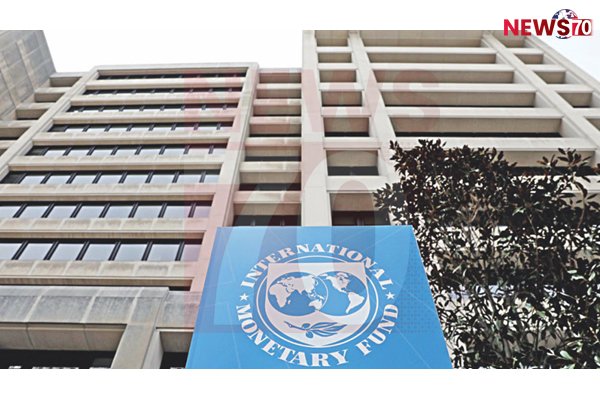World Bank Vice President for South Asia, Johannes Zutt, concluded his first official visit to Bangladesh, reaffirming the Bank’s strong support for the country’s development agenda. Meeting with Chief Adviser Muhammad Yunus, Zutt praised the government’s reforms to boost economic resilience and transparency. The World Bank has committed over $3 billion in the past fiscal year to sectors including health, water, sanitation, social protection, infrastructure, and financial reforms. Since Bangladesh’s independence, the Bank has provided more than $46 billion in development financing. Zutt emphasized continued support for poverty reduction, climate resilience, private investment, and quality employment generation.
The World Bank has reiterated its support for Bangladesh's development agenda as Johannes Zutt, the Bank's vice president for South Asia, wrapped up his first official visit to the country today.
World Bank Vice President for South Asia, Johannes Zutt, concluded his first official visit to Bangladesh by reaffirming the Bank’s strong commitment to the country’s development priorities. During his meeting with Chief Adviser Muhammad Yunus, Zutt praised the interim government’s efforts in implementing crucial reforms aimed at enhancing economic resilience and increasing transparency in public institutions, according to a press release.
Zutt also briefed the chief adviser on current and upcoming World Bank-supported initiatives. In the last fiscal year alone, the Bank committed over $3 billion to Bangladesh to improve key sectors such as health, water and sanitation, and social protection, while also supporting infrastructure development, environmental sustainability, and reforms in the financial and public sectors.
“It’s inspiring to return to Bangladesh, where the determination of the people—especially the youth—to build a better future is palpable,” Zutt said. He emphasized that the long-standing partnership has helped lift millions out of poverty and pledged continued support to enhance economic and climate resilience, attract private investment, and generate quality employment.
During his visit, Zutt also met with top officials, including the finance and planning advisers, the Bangladesh Bank governor, the special envoy for international affairs, and leaders from the private sector, to discuss emerging challenges and growth opportunities.
Since Bangladesh’s independence, the World Bank has been a key development partner, committing more than $46 billion in International Development Association (IDA) financing through grants, zero-interest loans, and concessional credits to help drive the country's economic transformation.
